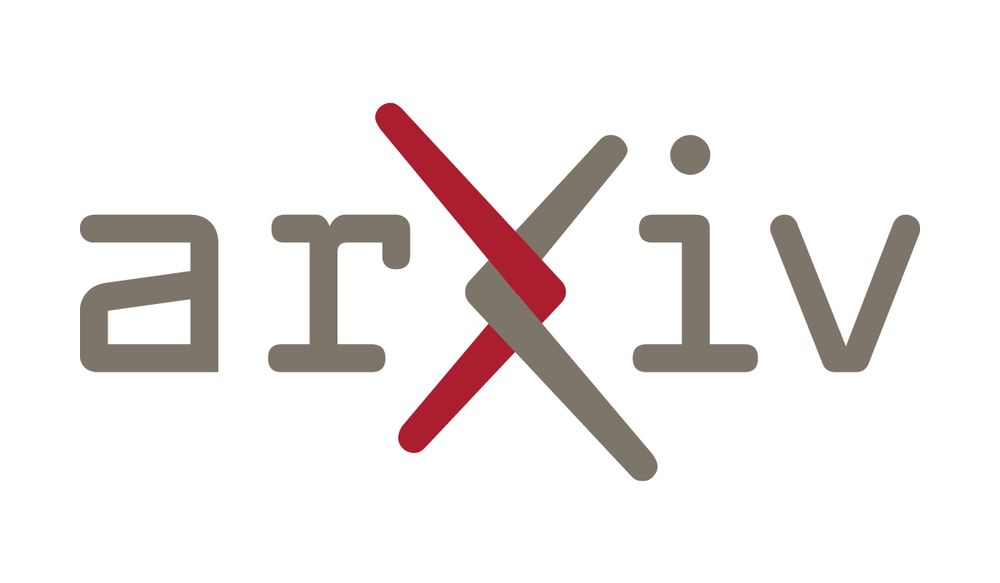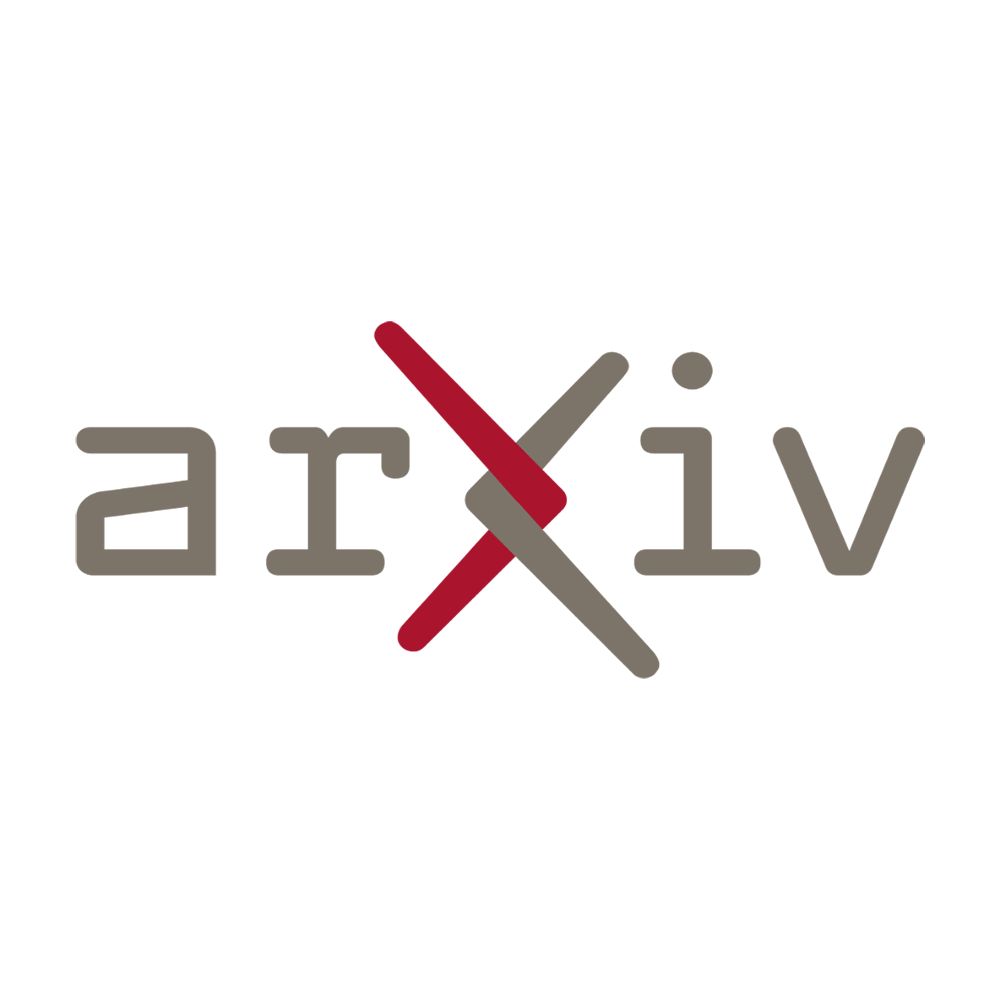
arxiv.org/abs/2509.18294
Universal fault-tolerant quantum computation requires the synthesis of complex resource states.

arxiv.org/abs/2509.18294
Universal fault-tolerant quantum computation requires the synthesis of complex resource states.
Register at: buff.ly/TrtzNWd

Register at: buff.ly/TrtzNWd
Friday, Nov 7th, 11 AM. Additional information here: www.physics.utoronto.ca/research/qua...

Friday, Nov 7th, 11 AM. Additional information here: www.physics.utoronto.ca/research/qua...
Register here: quera.zoom.us/webinar/regi...

Register here: quera.zoom.us/webinar/regi...

This work demonstrates that with a new methodology for optimal control of global pulses, analog quantum computers can be made far more expressive than their native setting. www.arxiv.org/abs/2508.19075

This work demonstrates that with a new methodology for optimal control of global pulses, analog quantum computers can be made far more expressive than their native setting. www.arxiv.org/abs/2508.19075
Register at: quera.zoom.us/webinar/regi...

Register at: quera.zoom.us/webinar/regi...
quera.zoom.us/webinar/regi...

quera.zoom.us/webinar/regi...
“Probing emergent prethermal dynamics and resonant melting on a programmable quantum simulator” explores the frontiers of non-equilibrium quantum many-body physics.
arxiv.org/abs/2510.11706

“Probing emergent prethermal dynamics and resonant melting on a programmable quantum simulator” explores the frontiers of non-equilibrium quantum many-body physics.
arxiv.org/abs/2510.11706
quera.zoom.us/webinar/regi...

quera.zoom.us/webinar/regi...
buff.ly/rejY2he

buff.ly/rejY2he
The roadblock? Cost.
Today’s designs burn enormous resources making special “magic states,” slowing progress.

The roadblock? Cost.
Today’s designs burn enormous resources making special “magic states,” slowing progress.
🚀 We’ve just released new circuit-level noise models in Bloqade to accurately emulate how circuits perform on Gemini hardware.👉 buff.ly/BlEWQC5 ..
#QuantumComputing #NoiseModeling #Bloqade #QuantumSoftware #QuantumSimulation #QuantumDevTools

🚀 We’ve just released new circuit-level noise models in Bloqade to accurately emulate how circuits perform on Gemini hardware.👉 buff.ly/BlEWQC5 ..
#QuantumComputing #NoiseModeling #Bloqade #QuantumSoftware #QuantumSimulation #QuantumDevTools
Low-Overhead Transversal Fault Tolerance for Universal Quantum Computation
www.nature.com/articles/s41...

Low-Overhead Transversal Fault Tolerance for Universal Quantum Computation
www.nature.com/articles/s41...

Catch the recording here:
yale.hosted.panopto.com/Panopto/Page...

Catch the recording here:
yale.hosted.panopto.com/Panopto/Page...
A collaboration between QuEra, Sandia NL, MIT, and Univ. of Arizona.
: arxiv.org/abs/2508.09920

A collaboration between QuEra, Sandia NL, MIT, and Univ. of Arizona.
: arxiv.org/abs/2508.09920
Research led by Jan Balewski and Anupam Mitra (NERSC / LBNL), in collaboration with teams at UCLA, QuEra Computing, and Harvard.
arxiv.org/abs/2507.10699

Research led by Jan Balewski and Anupam Mitra (NERSC / LBNL), in collaboration with teams at UCLA, QuEra Computing, and Harvard.
arxiv.org/abs/2507.10699
"Compilation of QCrank Encoding Algorithm for a Dynamically Programmable Qubit Array Processor"
arXiv Publication: arxiv.org/abs/2507.10699

"Compilation of QCrank Encoding Algorithm for a Dynamically Programmable Qubit Array Processor"
arXiv Publication: arxiv.org/abs/2507.10699
A new paper co-authored by QuEra scientists in The Journal of Physical Chemistry Letters explores how quantum computing can transform the simulation of targeted covalent inhibitors—a promising class of drugs that form precise, durable bonds with disease-related proteins
A new paper co-authored by QuEra scientists in The Journal of Physical Chemistry Letters explores how quantum computing can transform the simulation of targeted covalent inhibitors—a promising class of drugs that form precise, durable bonds with disease-related proteins
"qReduMIS: A Quantum-Informed Reduction Algorithm for the Maximum Independent Set Problem"
🔗 arXiv: arxiv.org/abs/2503.1...

"qReduMIS: A Quantum-Informed Reduction Algorithm for the Maximum Independent Set Problem"
🔗 arXiv: arxiv.org/abs/2503.1...
arxiv.org/abs/2502.0...
This paper proposes a new gradient-free method to train quantum neural networks without separately encoding inputs in independent circuits, potentially leading to a massive saving of shots in practice.

arxiv.org/abs/2502.0...
This paper proposes a new gradient-free method to train quantum neural networks without separately encoding inputs in independent circuits, potentially leading to a massive saving of shots in practice.
1/3
1/3
Thanks to coherent atomic shuttling, the exploration space for optimal algorithm compilation in neutral-atom quantum computers remains a promising area of innovation.
1/3

Thanks to coherent atomic shuttling, the exploration space for optimal algorithm compilation in neutral-atom quantum computers remains a promising area of innovation.
1/3
Most of the anticipated high-impact applications of quantum computing in the field of quantum simulation involve degrees of freedom known as fermions, such as electrons in materials and quarks in high-energy systems.

Most of the anticipated high-impact applications of quantum computing in the field of quantum simulation involve degrees of freedom known as fermions, such as electrons in materials and quarks in high-energy systems.

